Blog
Non-Surgical, Non-Injection Rotator Cuff Healing with SoftWave Therapy: A Superior Approach with Dr Paul Drilling, DC
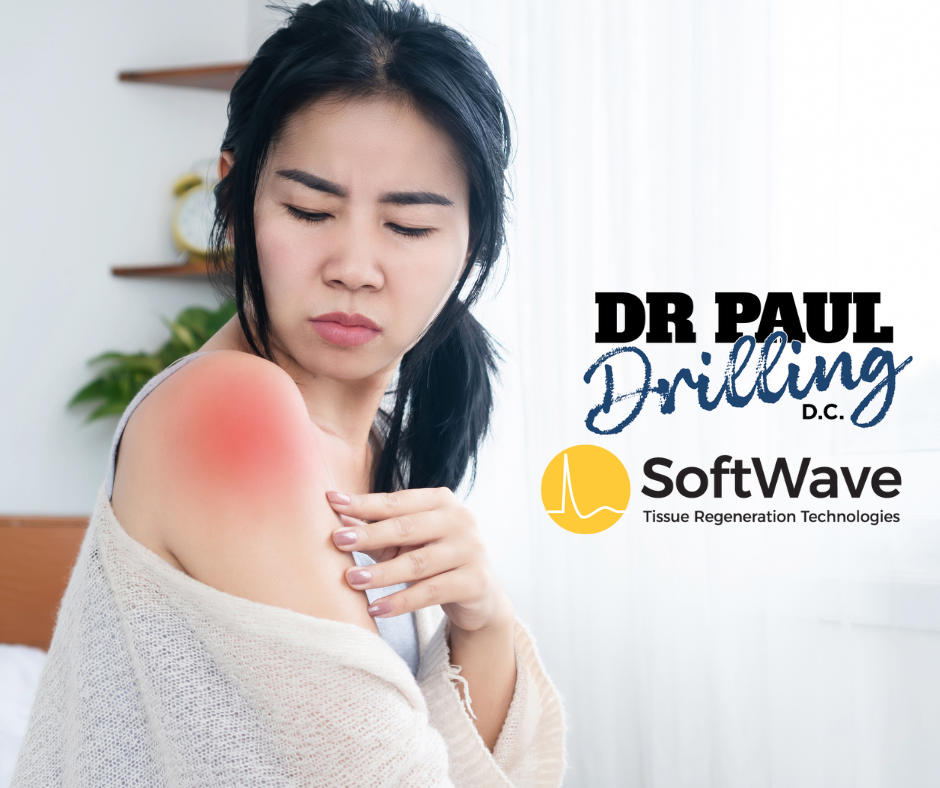
Rotator cuff tears can make even simple activities like reaching, lifting, and carrying painful and challenging. While traditional treatments often include injections or surgery, these methods don’t promote true healing and come with potential risks and downtime. SoftWave Tissue Regeneration Technology (TRT), offered by Dr. Paul Drilling, DC, provides a cutting-edge, non-surgical solution for rotator cuff tears, stimulating the body’s natural healing mechanisms and delivering long-lasting results.
Understanding the Anatomy of the Shoulder and the Rotator Cuff
The shoulder joint is a ball-and-socket joint that allows for a wide range of motion, making it one of the most mobile—and vulnerable—joints in the body. The rotator cuff is a group of four muscles and tendons that stabilize the shoulder joint and allow for movement. These muscles and tendons include:
- Supraspinatus: Located at the top of the shoulder, this muscle helps raise the arm to the side.
- Infraspinatus: Positioned on the back of the shoulder blade, it allows for external rotation of the arm.
- Teres Minor: A smaller muscle that assists with external rotation and stabilizes the shoulder.
- Subscapularis: Located on the front of the shoulder blade, this muscle helps rotate the arm inward.
Together, these four muscles form the rotator cuff, which supports shoulder stability and function. Tears in any of these tendons can lead to pain, weakness, and limited mobility.
Causes and Symptoms of Rotator Cuff Tears
Rotator cuff tears are often caused by acute injury or degeneration from repetitive strain. Common causes and contributing factors include:
- Repetitive Overhead Movements: Sports like tennis, baseball, and swimming, as well as occupations involving frequent overhead lifting, can strain the rotator cuff.
- Aging and Wear and Tear: As we age, the tendons naturally weaken, making them more susceptible to tears.
- Acute Injury: Sudden trauma, such as a fall or heavy lifting, can cause a tear in the rotator cuff.
- Poor Posture and Muscle Imbalance: These can increase strain on the rotator cuff over time, leading to injury.
Symptoms of Rotator Cuff Tears
The symptoms of a rotator cuff tear can vary depending on the severity of the injury. Common symptoms include:
- Shoulder Pain: Often described as a deep ache in the shoulder, especially with overhead activities.
- Weakness in the Shoulder: Difficulty lifting or rotating the arm, which can interfere with daily tasks.
- Limited Range of Motion: Reduced ability to lift, reach, or rotate the shoulder.
- Pain at Night: Many individuals experience increased shoulder pain when lying on the affected side, leading to disrupted sleep.
For individuals seeking non-surgical relief, SoftWave Therapy offers a powerful, drug-free option that promotes healing and tissue repair.
How SoftWave Therapy Heals Rotator Cuff Tears Naturally
SoftWave Therapy utilizes supersonic acoustic waves that penetrate deep into the tissues, stimulating a cascade of biological responses that support cellular repair and regeneration. For those with rotator cuff tears, SoftWave Therapy targets the affected area, reducing inflammation, promoting healing, and restoring function.
Key Benefits of SoftWave Therapy for Rotator Cuff Tears
- Reduces Pain and Inflammation: SoftWave Therapy targets inflammation around the torn rotator cuff, alleviating pain and allowing greater mobility.
- Stimulates Tissue Repair: By activating resident stem cells and growth factors, SoftWave Therapy promotes the regeneration of damaged tendons.
- Improves Circulation and Blood Flow: SoftWave Therapy promotes angiogenesis (formation of new blood vessels), which helps deliver essential nutrients and oxygen to the rotator cuff.
- Enhances Muscle Function When Combined with Strengthening: When combined with a rotator cuff strengthening program, SoftWave Therapy maximizes shoulder stability and function.
Why SoftWave Therapy is Superior to Injections for Rotator Cuff Tears
Steroid injections are often prescribed to reduce pain and inflammation in rotator cuff injuries, but they offer only temporary relief and do not contribute to actual healing. SoftWave Therapy, on the other hand, goes beyond temporary symptom relief to support long-term recovery by repairing damaged tissue.
Limitations of Steroid Injections
- Temporary Relief Only: Steroid injections reduce inflammation but do not address the damaged rotator cuff tendons. Relief may only last for weeks to months.
- No Regenerative Effect: Injections do not stimulate tissue repair or regeneration, which means the root cause of the tear remains unaddressed.
- Potential Side Effects: Repeated injections can weaken the tendons over time, increasing the risk of further injury or rupture.
Advantages of SoftWave Therapy for Lasting Relief
- Non-Surgical and Drug-Free: SoftWave Therapy avoids the risks associated with injections, medications, and surgeries.
- Promotes True Healing: By activating the body’s own healing mechanisms, SoftWave Therapy supports tissue repair and recovery, targeting the source of the problem.
- Long-Lasting Results: Patients experience relief that lasts well beyond the initial treatment period, thanks to the regenerative effects of SoftWave Therapy.
How SoftWave Therapy Complements a Shoulder Strengthening Program
For optimal recovery from a rotator cuff tear, SoftWave Therapy works exceptionally well when combined with a shoulder strengthening program. Strengthening the shoulder muscles provides additional support to the rotator cuff, improving shoulder stability and function. The combination of SoftWave’s regenerative effects with targeted strengthening exercises creates a powerful approach to healing.
Benefits of Combining SoftWave Therapy with Strengthening:
- Enhanced Stability: Stronger shoulder muscles support the rotator cuff, reducing strain on the tendons.
- Improved Range of Motion: By reducing inflammation and improving muscle strength, patients experience greater range of motion and flexibility.
- Faster Recovery: SoftWave Therapy accelerates the body’s natural healing, allowing patients to progress through their strengthening exercises with less pain and improved function.
The Science of SoftWave Therapy for Rotator Cuff Healing
SoftWave Therapy works at the cellular level, triggering specific biological responses that support healing and recovery in the rotator cuff:
- VEGF (Vascular Endothelial Growth Factor): SoftWave Therapy promotes the formation of new blood vessels, enhancing blood flow to the damaged rotator cuff and delivering nutrients for healing.
- BMP (Bone Morphogenetic Proteins): Essential for tissue repair, BMP supports the regeneration of torn tendon fibers, strengthening the rotator cuff.
- PCNA (Proliferating Cell Nuclear Antigen): PCNA is critical for cellular repair, helping to rebuild and restore damaged rotator cuff tissue.
- eNOS (Endothelial Nitric Oxide Synthase): eNOS increases blood flow, reduces inflammation, and speeds up the body’s natural healing response.
- Stem Cell Activation: SoftWave Therapy activates resident stem cells, promoting long-term recovery and supporting tissue regeneration in the rotator cuff.
Through these mechanisms, SoftWave Therapy offers a regenerative approach that strengthens the rotator cuff and supports full recovery.
Improved Quality of Life with SoftWave Therapy for Rotator Cuff Tears
For patients dealing with a rotator cuff tear, SoftWave Therapy offers more than just pain relief; it provides a pathway to a healthier, more active lifestyle. Many of Dr. Paul Drilling’s patients report significant improvements in daily function and quality of life, including:
- Enhanced Shoulder Mobility: Patients can lift, reach, and carry objects without the limitations of shoulder pain.
- Reduced Dependency on Medications: SoftWave Therapy eliminates the need for frequent pain medications or injections.
- Better Sleep: By alleviating pain, SoftWave Therapy helps patients enjoy better rest and recovery.
- Confidence in Returning to Physical Activity: With a stronger and more resilient shoulder, patients feel confident returning to sports, exercise, and daily activities.
Dr. Paul Drilling: Your Partner in Natural Healing for Rotator Cuff Tears
Dr. Paul Drilling, DC, is dedicated to helping patients achieve natural, effective healing for rotator cuff tears through SoftWave Therapy. By providing a non-surgical, drug-free option, Dr. Paul’s approach supports sustainable recovery and lasting pain relief. When combined with a shoulder strengthening program, SoftWave Therapy maximizes healing and provides the best possible outcomes for shoulder health.
Ready to Start Your Healing Journey?
Request an appointment today at www.softwaveeastcobb.com/contact or call our office at 404-775-3988 to learn how SoftWave Therapy can help you recover from a rotator cuff tear and regain your quality of life.
Office Address: Dr. Paul Drilling, DC
1000 Johnson Ferry Road, Suite D-100
Marietta, GA 30068
‹ Back



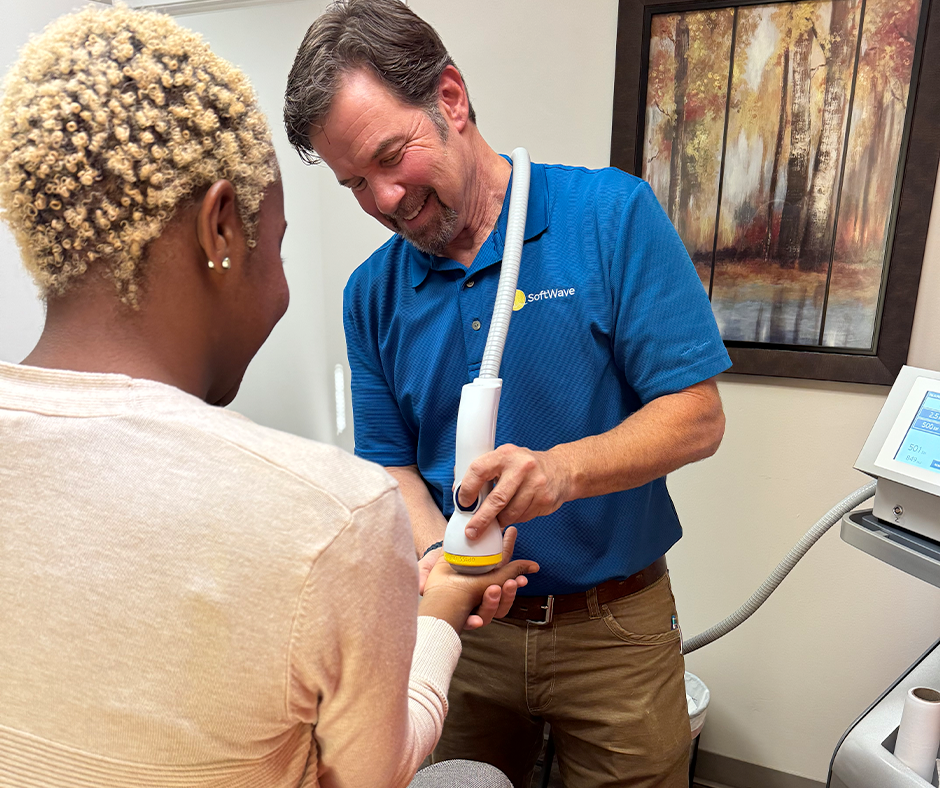
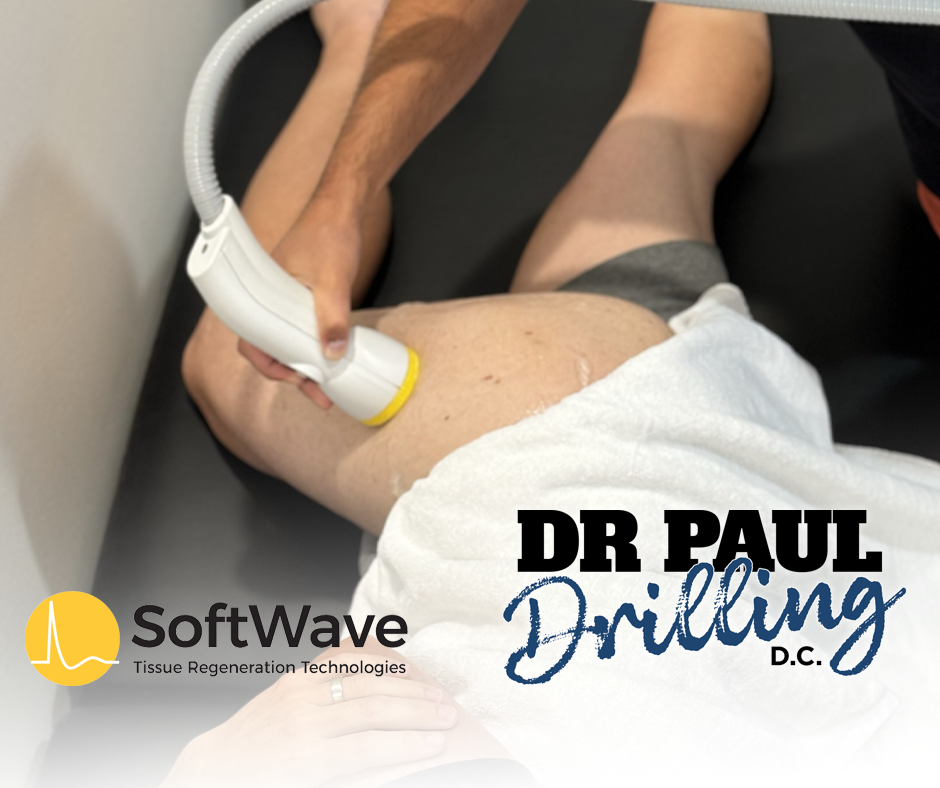
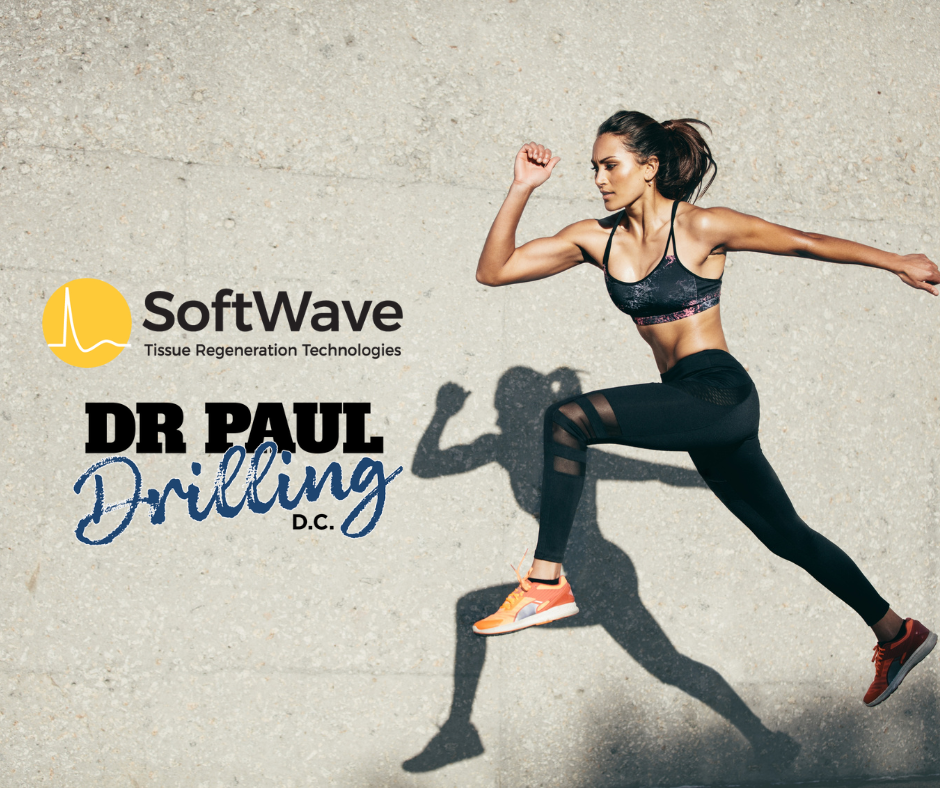
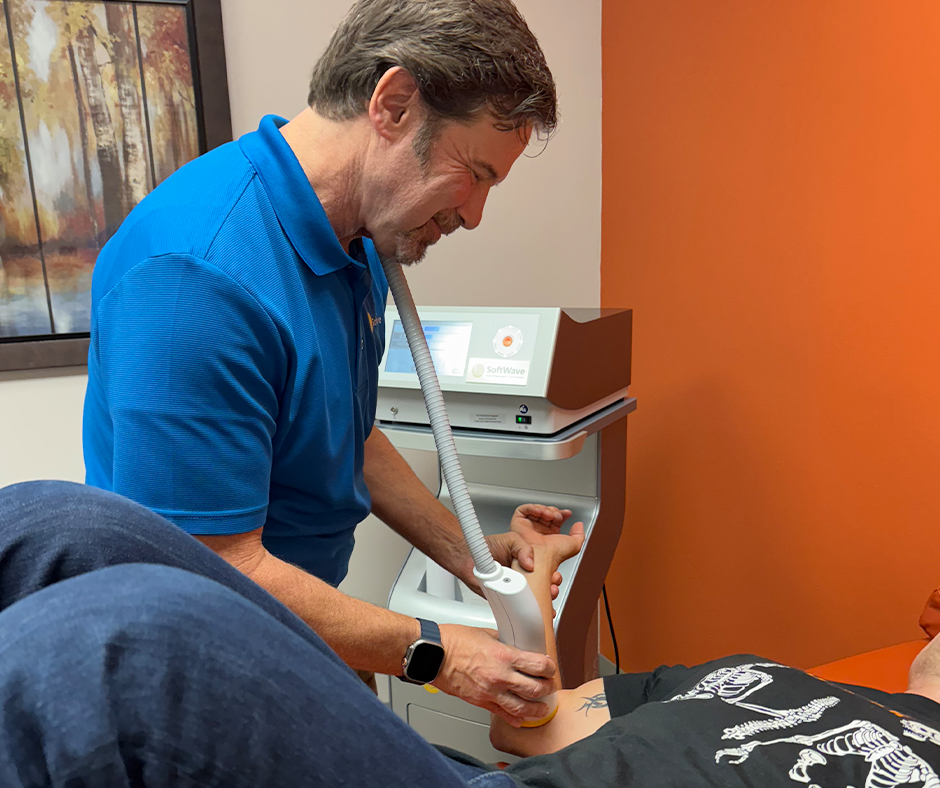
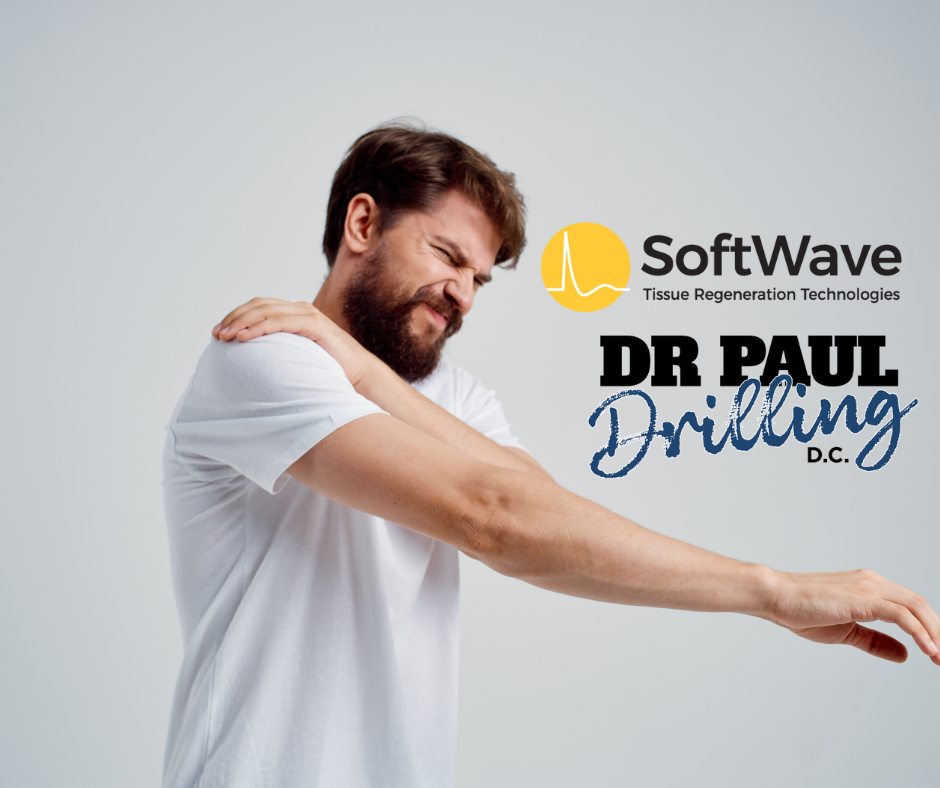
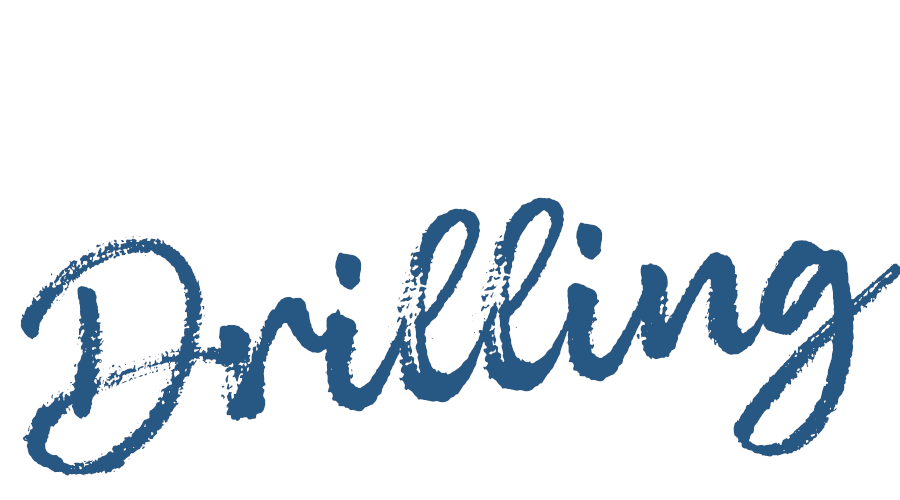
 1000 Johnson Ferry Road
1000 Johnson Ferry Road 